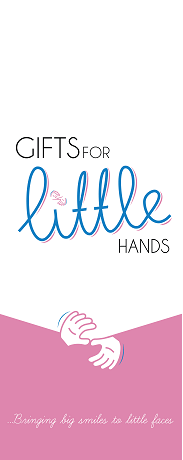An introduction to the Early Years Foundation Stage (EYFS)
If your child is in their first year of school or goes to a nursery, pre-school or childminder, your child will be following a curriculum called the Early Years Foundation Stage also known as the EYFS. Here are 5 key points about the EYFS
1. It is a programme developed by the government for children 0-5 years.
2. The aim is to make sure that all children have the skills and knowledge that they will need to do well in Key Stage 1.
3. There are seven areas of learning. Each area of learning has Early Learning Goals
4. Targets that most children should achieve by the end of the reception year are set out. These are known as the Early Learning Goals
5. How well early years settings and schools are helping children with the EYFS is inspected by OFSTED.
Seven areas of learning
There are seven areas of learning. The areas of development are split into two groups: Prime and Specific. The prime areas are the ones that have been shaded in the chart.
| Area of learning | What it covers | |
| Prime areas of learning | ||
| Personal, social and emotional development | Skills that your child needs to make friends, feel good and behave appropriate for their age | |
| Communication and language | Skills that your child needs to talk, listen and to understand others | |
| Physical development | Skills that your child needs to move safely, use their hands and also to take care of themselves | |
| Specific areas of learning | ||
| Literacy development | Skills and knowledge that your child will need in order to read and write later on | |
| Mathematical development | Skills and knowledge that your child is needed for your child to understand and apply simple mathematical concepts | |
| Understanding the World | Skills and knowledge to help your child with later science, history and geography | |
| Expressive arts and design | Skills and knowledge to help your child later with drama, art and music | |

